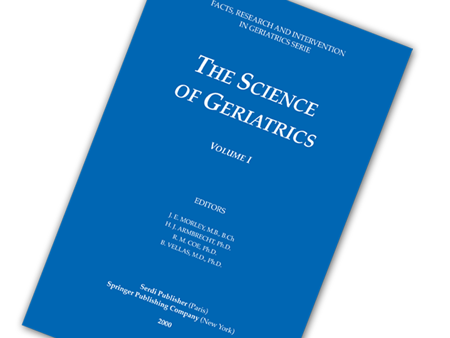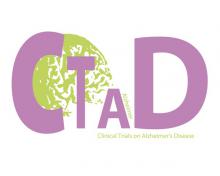Objective: A 5% change in weight is a significant predictor for frailty and obesity. We ascertained how self-reported weight change over the lifespan impacts rates of frailty in older adults. Methods: We identified 4,984 subjects ≥60 years with body composition measures from the National Health and Nutrition Examination Survey. An adapted version of Fried’s frailty criteria was used as the primary outcome. Self-reported weight was assessed at time current,1 and 10 years earlier and at age 25. Weight changes between each time point were categorized as ≥ 5%, ≤5% or neutral. Logistic regression assessed the impact of weight change on the outcome of frailty. Results: Among 4,984 participants, 56.5% were female, mean age was 71.1 years, and mean BMI was 28.2kg/m2. A weight loss of ≥ 5% had a higher association with frailty compared to current weight, age 25 (OR 2.94 [1.72,5.02]), 10 years ago (OR 1.68 [1.05,2.69]), and 1 year ago (OR 1.55 [1.02,2.36]). Weight gain in the last year was associated with increased rate of frailty (1.59 [1.09,2.32]). Conclusion: There is an association between frailty and reported weight loss over time while only weight gain in the last year has an association with frailty.
(1) R.S. Crow, C.L. Petersen, S.B. Cook, C.J. Stevens, A.J. Titus, T.A. Mackenzie, J.A. Batsis J Frailty Aging 2020;in press



